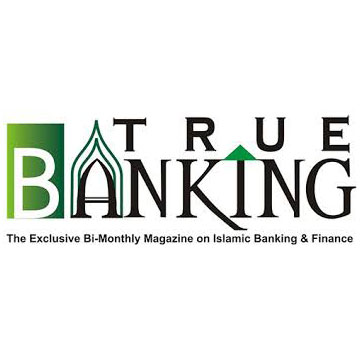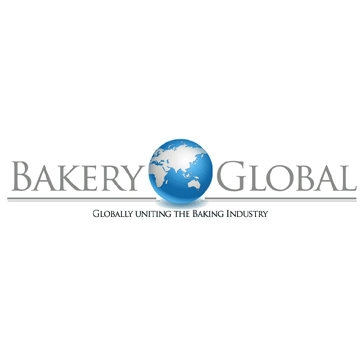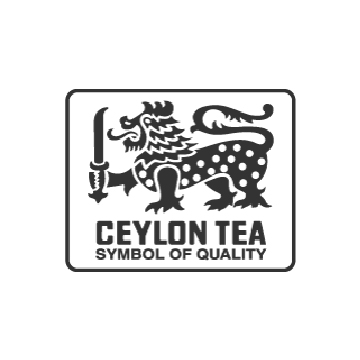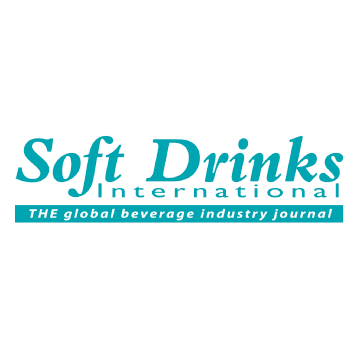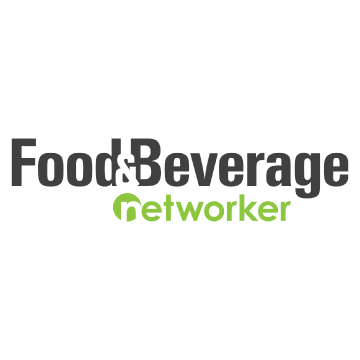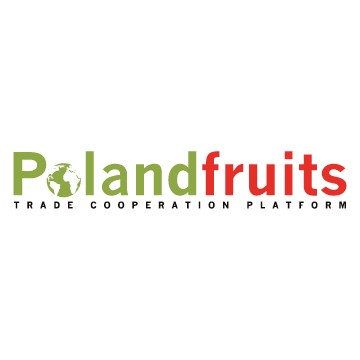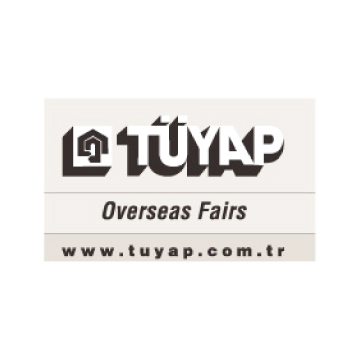During the last five years, Saudi Arabia imported about 542 thousand tons of tea and coffee with a total value of 10 billion SAR
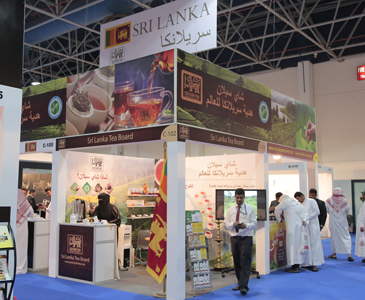
The total Saudi imports of tea and coffee during the past
five years (from 2014 to 2018) reached 542.3 thousand tons with an estimated
value of 10.3 billion riyals. According
to data obtained by the "Economy", obtained from the General Customs
Authority the total tea imported by the Kingdom during the past five years
amounted to 186.7 thousand tons with a total value exceeding 4.9 billion riyals. The total amount of coffee imported by Saudi Arabia from
2014 to 2018 was approximately 355.6 thousand tons with a total value exceeding
5.4 billion riyals.
According to the data, the Kingdom increased the
quantities of tea received during the past year by about 5.5 percent, reaching
about 38 million kilometers in 2018, compared to 35.95 million kilometers in
2017. Among the most important countries that imports tea are the Emirates, Sri
Lanka, Kenya, Jordan, India, Yemen, China, Vietnam, Egypt, Malawi, Oman, Indonesia,
Pakistan, Switzerland, Poland, Turkey, America, Spain, United Kingdom, and
Germany. While the
quantities imported of coffee during the past year amounted to 79.32 million
km, compared to 71.51 million km in 2017. While
the value of Saudi imports of coffee during the past year reached about 1.16
billion riyals, compared to 1.10 billion in 2017. It
is one of the most important countries that are imported Coffee are from
Ethiopia, Brazil, UAE, Malaysia, Yemen, UK, India, Italy, America, Denmark,
China, Netherlands, Germany, Turkey, Colombia, Kuwait, Spain, Switzerland, and
France. It is noteworthy
that figures presented during the "Coffee and Tea Festival" held last
year in Riyadh, showed that the Saudis spend approximately 6.2 billion riyals
on coffee and tea annually, and the Saudi market has achieved a high increase
in the volume of sales, making the market the fastest growing in the world.
The indicators of Saudi imports of tea and coffee commodities witnessed
a noticeable jump driven by the growth of banking facilities provided for the
import of the main components of hot drinks, amid the support of major factors
related to financing, commercial movement, high consumption demand, and the
growing volume of consumption of tea and coffee.
Source: المصدر

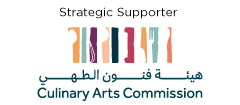





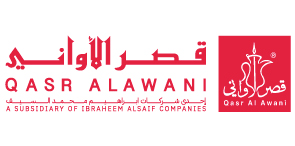
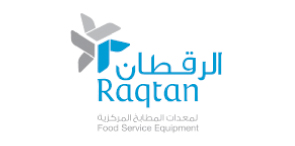

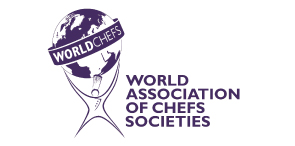
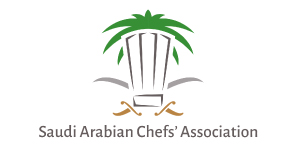






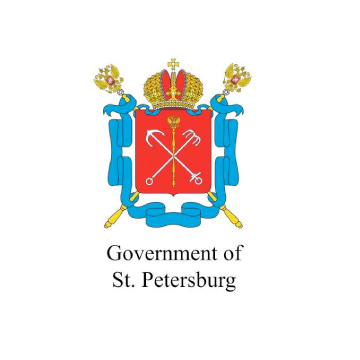
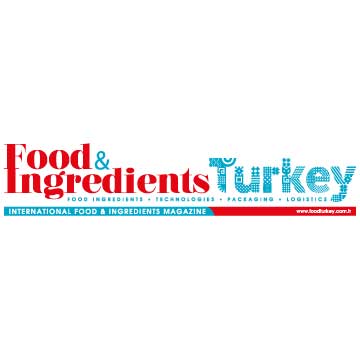


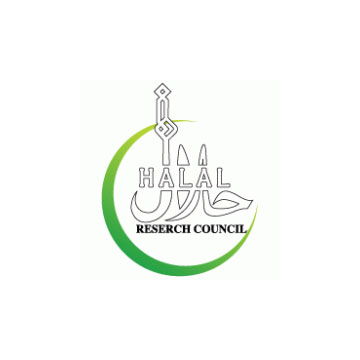
.jpg)
